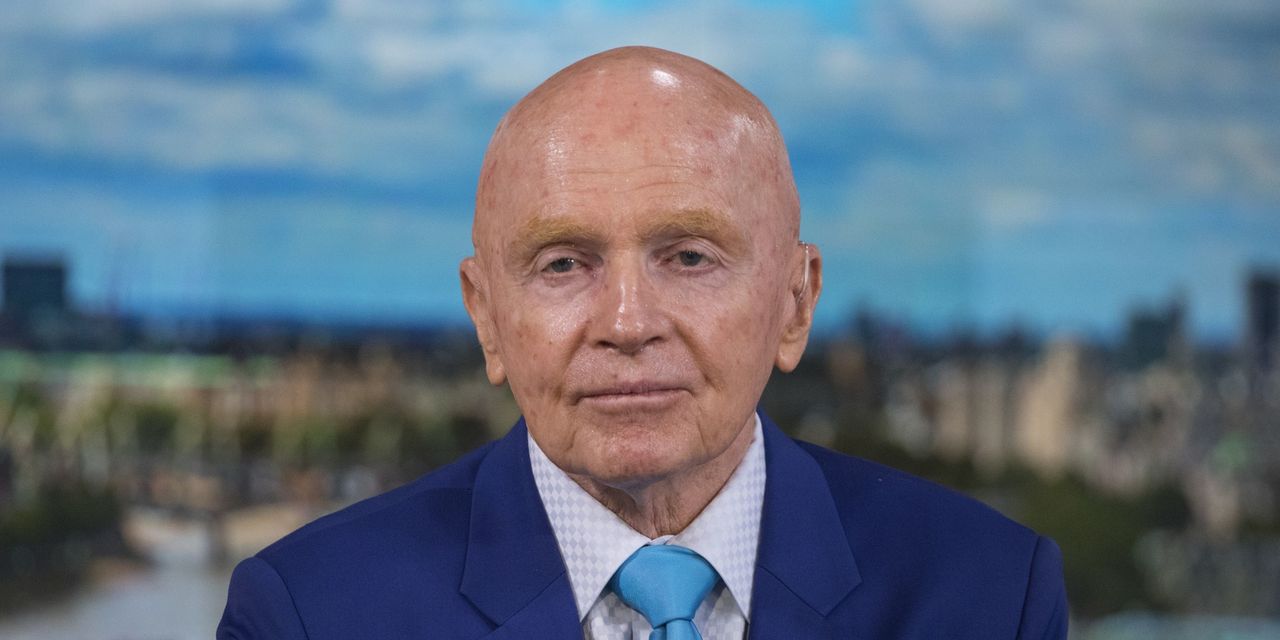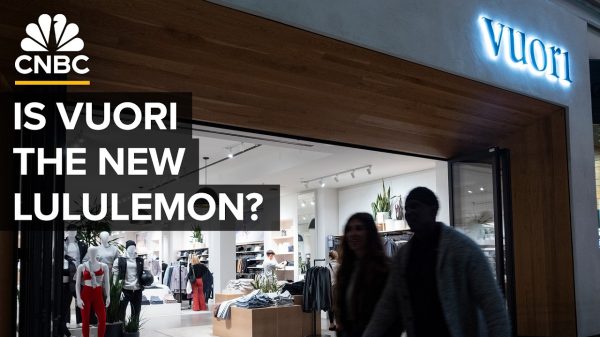The man who refers to himself as “the Indiana Jones of emerging market investing,” Mark Mobius, said Friday that he will step back from the investment company he helped found five years ago.
Not unlike the screen star, who as Harrison Ford in “Indiana Jones: The Dial of Destiny” ultimately decided he just wasn’t up for the huge adventures anymore, the 87-year old Mobius, also appears ready to slow down.
Known as a pioneer in emerging markets, Mobius will step back from Mobius Capital Partners, which he co-founded in 2018 with Carlos Hardenberg, who will lead the firm that will continue to run Mobius Investment Trust
MMIT,
the closed-end fund that listed on the London Stock Exchange five years ago.
Hardenberg has worked with Mobius for over 23 years, according to a company press release.
Mobius formed Mobius Capital Partners after three decades at Franklin Templeton as a well-respected value manager. Among his famed calls was correctly predicting the start of the lengthy bull market in 2009, when he cautioned investors not to miss out on opportunities due to the uncertainties of the global financial crisis.
In his farewell, Mobius said the investment team’s “strong performance during the last five years…proves that a concentrated and differentiated portfolio of high-quality stocks can generate exceptional returns.”
Speaking to MarketWatch, Hardenberg said it has been “five difficult years,” for the fund, as he rattled off a list of headwinds, including the pandemic, Russia’s war in Ukraine, risk aversion, China’s struggles and election cycles in the U.S. and elsewhere.
“There hasn’t been a huge amount of appetite,” for those emerging markets,” he said. “While we generated 40% in terms of net asset value, the market has generated zero.”
MMIT’s shares price is up 37% since inception, but year-to-date is flat. The fund’s top three investment regions are Taiwan, India and South Korea, with a 61% weighting to technology, followed by 12.9% in healthcare. Technology companies LEENO Industrial
058470,
and EPAM Systems
EPAM,
and medical device maker Classys
214150,
are its top three holdings.
But Hardenberg said it’s an “interesting time,” to be looking at emerging markets, with fundamentals robust even amid a continuing postpandemic recovery, where China hasn’t come back to normal and demand is subdued, the strong U.S. dollar has taken a toll, and interest rates continue to weigh on consumers.
In the coming two to four years, he expects some balance to come back as the current discount that emerging markets trade at against the U.S. or Europe is “too large.”
He said they are focusing on three areas, the first India, “but not the India known to the regular emerging market investor. We’re looking at small and medium-size companies, not very well studied or understood,” of which he says there are over 5,000 listed names.
“You have a rare combination of very pro-business public sector policy reforms and an incredible deep pool of talented entrepreneurs. This is India’s movement,” he said.
The second country they like is Korea, for its pro-business government that sees a chance to take market share from Taiwan, China and other countries. “We’re largely targeting export-oriented industries so Korea to us is the better China,” he said.
Also Asian consumers “love anything that’s made in Korea,” he said. They have recently added to their position in Park Systems
140860,
which makes atomic force microscopy or high resolution scanning of almost any kind of surface.
Brazil is also a favorite for the company, largely because of its large domestic market and strong exports, such as green energy, he says. “They have a lot to offer,” such as the recovery of the consumer, as inflation has started to normalize from soaring to 14% last year, and business conditions for the private sector also improve, he said.
Hardenberg said they remain cautious on China because direct investing can risk exposure to domestic enterprises with “volatile management teams, obscure accounting standards,” and varied communications with its companies.
“I think China has plenty of opportunities to come out of this crisis in a decent way to land on their feet and the growth there around 5% is not that bad,” he said. As well, consumers want more services, healthcare and luxury, but they just prefer to invest in those companies outside of China, such as Korea and other parts of southeast Asia that operate successfully in that country, he said.
Read the full article here













